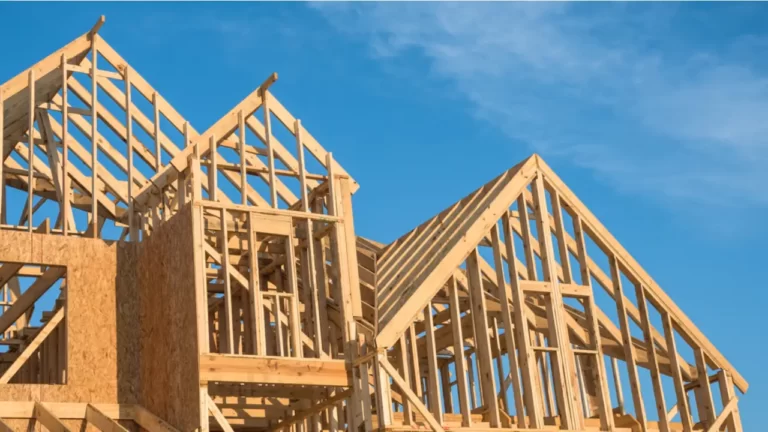Refinancing a mortgage can be a valuable financial tool for homeowners who want to lower their monthly mortgage payments, reduce their interest rate, or access the equity in their homes. In this article, we’ll explore 5 reasons to refinance your mortgage.
- Lower Your Monthly Payment
One of the most common reasons to refinance a mortgage is to lower your monthly payment. By refinancing your mortgage at a lower interest rate, you may be able to significantly reduce your monthly mortgage payment. This can free up cash flow and provide you with more disposable income to put towards other expenses or savings goals.
- Reduce Your Interest Rate
Another reason to refinance your mortgage is to reduce your interest rate. Over time, interest rates can fluctuate, and if you have a higher interest rate on your current mortgage, refinancing at a lower rate can save you money over the life of your loan. Additionally, refinancing to a lower interest rate can also help you build equity in your home faster.
- Change Your Loan Term
Refinancing your mortgage can also be a way to change the term of your loan. For example, if you currently have a 30-year mortgage and want to pay off your home faster, you can refinance to a 15-year mortgage. While your monthly payment may increase, you’ll pay off your mortgage faster and save money on interest over the life of your loan.
- Access Home Equity for Debit, Business, School or investment
Homeowners who have built up equity in their homes can also use refinancing to access that equity. A cash-out refinance allows you to borrow against the equity in your home and receive a lump sum payment that can be used for a variety of purposes, such as home improvements, debt consolidation, or even a down payment on a second property.
- Switch to a Different Type of Mortgage
Finally, refinancing your mortgage can be a way to switch to a different type of mortgage that better fits your needs. For example, if you currently have an adjustable-rate mortgage and want to switch to a fixed-rate mortgage, refinancing can allow you to make that change. This can provide you with more stability and predictability when it comes to your monthly mortgage payment.
Conclusion
Refinancing your mortgage can provide you with a variety of benefits, from lowering your monthly payment to accessing home equity. However, it’s important to carefully consider the costs and risks associated with refinancing before making a decision. Be sure to consult with a financial advisor or mortgage professional to determine whether refinancing is the right choice for your unique situation. With the right strategy, refinancing your mortgage can help you achieve your financial goals and put you on the path towards long-term financial success.







